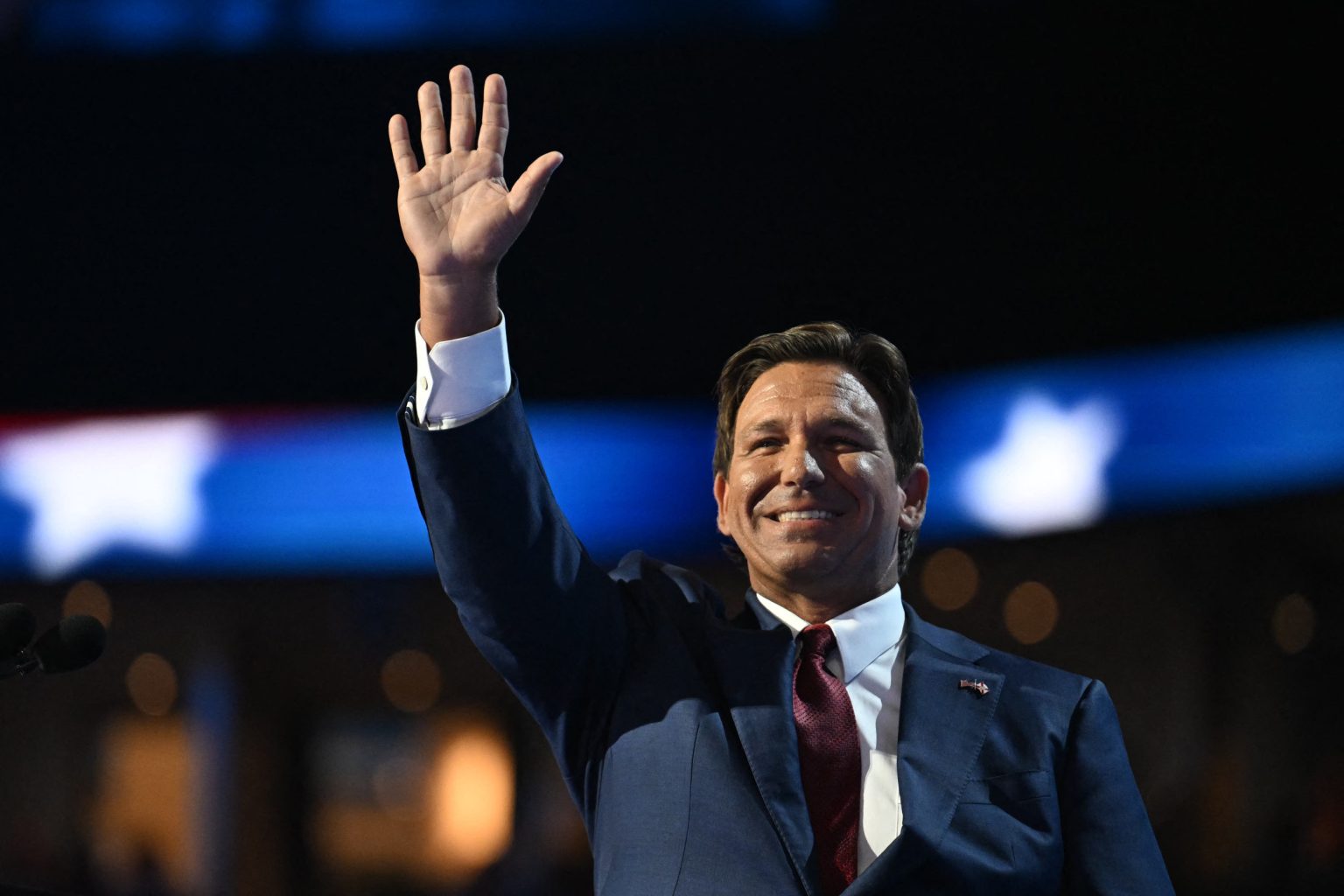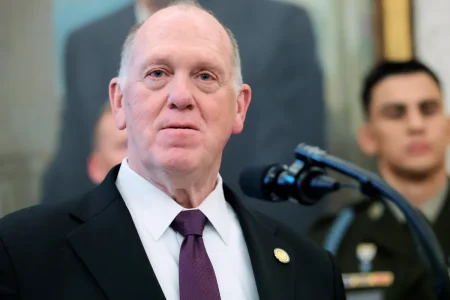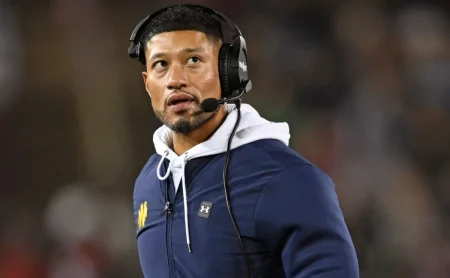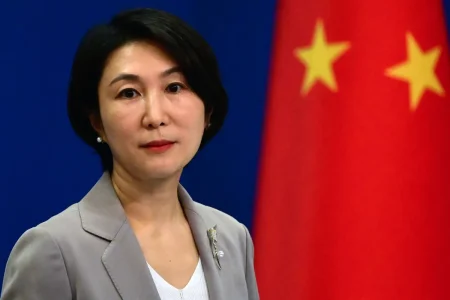Florida’s political landscape is abuzz with speculation as Lieutenant Governor Jeanette Núñez may soon take the reins from Governor Ron DeSantis if he is tapped to serve as President-elect Donald Trump’s Secretary of Defense. DeSantis, who has a strong military background as a Navy and Navy Reserve officer, is reportedly being considered as a replacement for Pete Hegseth, Trump’s initial nominee for the Defense role. Hegseth’s candidacy, however, faces turbulence due to accusations of sexual misconduct and inappropriate behavior, which has led to doubts about his ability to secure Senate confirmation. As Trump surveys options, Núñez’s potential ascension raises questions about governance continuity in Florida.
Should DeSantis accept the Defense Secretary position, it would necessitate his resignation as governor. Under Florida’s succession laws, Núñez, who has held her role since January 2019, would assume the governorship and serve out the remainder of DeSantis’s term, which ends in January 2027. This transition could create a ripple effect in the state’s political hierarchy, as Núñez would be responsible for appointing her successor as lieutenant governor. In the event that Núñez is unable or unwilling to accept the governor’s role, the state’s attorney general, Ashley Moody, would be next in line.
DeSantis’s elevation to a prominent federal position could enhance his stature among national GOP ranks, particularly among Trump loyalists. However, taking on such a role at this juncture could also detract from his standing in Florida, a state where he currently has significant support. Furthermore, the implications for his own ambitions regarding a possible presidential run in 2028 are still unclear. Balancing state duties with the demands of a Cabinet position could pose unique challenges, as maintaining a strong consensus among Florida voters is crucial to his long-term political health.
Despite these considerations, neither DeSantis nor Trump has addressed The Wall Street Journal’s report directly, leaving much to speculation. Trump has recently criticized the publication, calling it “obnoxious and unreadable,” indicating some level of discontent with media coverage of his administration. This silence leaves political observers and constituents alike pondering the future of Florida’s leadership and DeSantis’s ambitions moving forward. Amidst this uncertainty, news outlets continue to analyze the political ramifications of these potential changes, with the Associated Press corroborating claims that DeSantis is indeed under consideration for the Defense position.
Hegseth, undeterred by the swirling controversy, maintains that he still has Trump’s full support and intends to proceed as the nominee unless otherwise indicated. He categorically denied rumors of a meeting with Trump that was suggested to address his nomination status. Despite his assurances, the political landscape can change rapidly, depending on the outcomes of ongoing investigations and ongoing Senate vetting processes. Both Hegseth and DeSantis will likely face scrutiny if nominated, with a focus on their backgrounds and qualifications.
In conclusion, the implications of these developments extend beyond mere appointments; they touch upon the interplay of state and federal politics, the continuity of governance in Florida, and the strategic maneuvers of Republican leaders as they position themselves for the future. The evolving situation hints at a broader narrative within the GOP regarding leadership and loyalty, particularly as party dynamics shift with the incoming administration. Ultimately, how these potential transitions unfold will have far-reaching consequences both in Florida and nationally as 2024 approaches.













